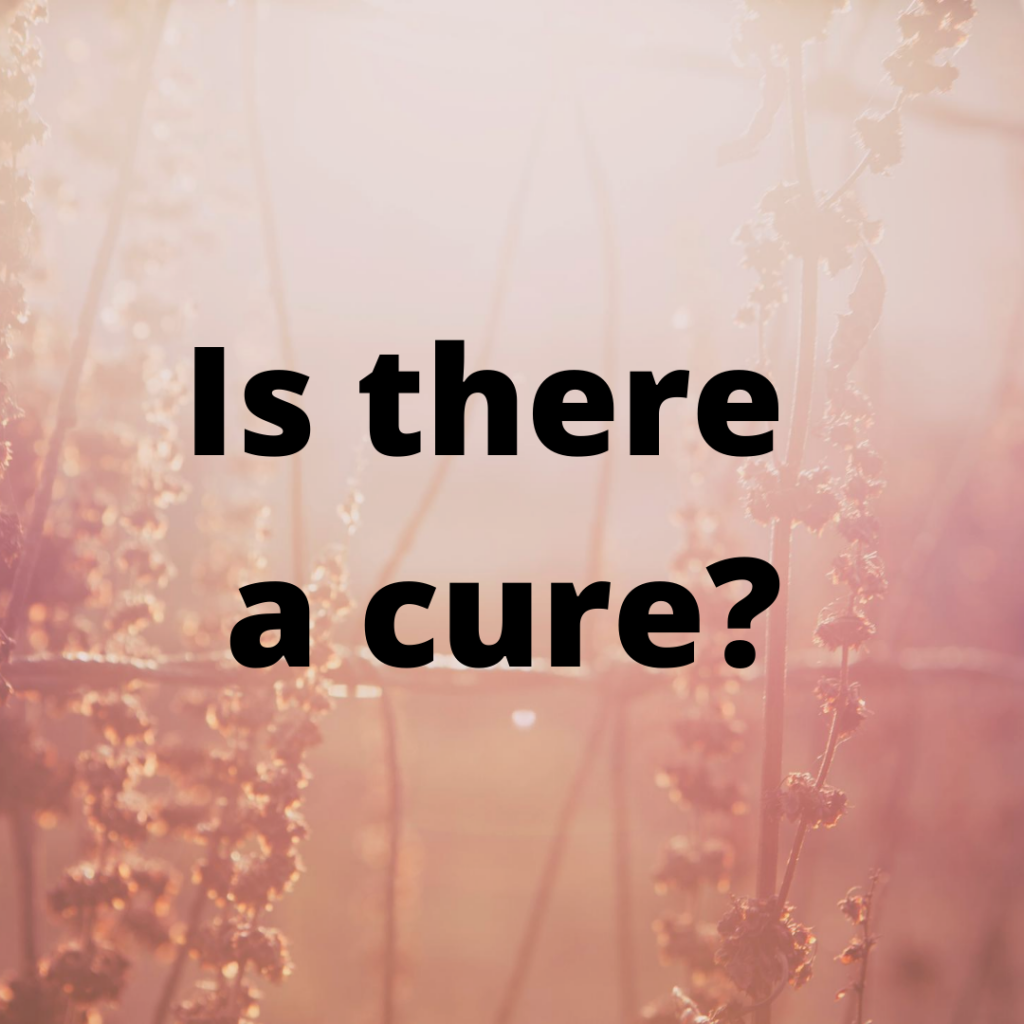TOUCHED BY LYME: Can we cure Lyme disease…or what?

The following question from somebody named Tom showed up in my inbox today:
Do you know of a cure for Lyme disease or are we just throwing money at it year after year?
That was the whole message. I know nothing about Tom’s circumstances, but he asks a fair question and I’ll answer it as best I can.
If Tom’s experience is anything like that of 12,000+ Lyme patients enrolled in the MyLymeData project, he’s been sick for years. He probably had to go through four or more doctors before even being diagnosed with Lyme disease. And by that time, he’d probably run through whatever treatment options his insurance might have covered—and is now deep into “paying out-of-pocket” territory.
He likely continues to suffer from such symptoms as severe pain, crushing fatigue, sleep impairment and cognitive problems. (He could have a host of other symptoms as well.)
And from the frustration evident in his question, I assume that whatever treatment he has been paying for has not helped him.
Unfortunately, many people find themselves in the same boat. And there’s no magic-bullet answer.
Here’s my take on it
Lyme disease is a complex condition, with many confounding factors. Yet often, the medical establishment presents it like this: a perfectly healthy person gets bitten by a tick that miraculously carries only one infection—Lyme disease. Within a few days, the person develops a tell-tale rash and flu-like symptoms. The doctor prescribes a short course of antibiotics. Bingo! The person is restored to perfect health. Case closed.
And there are, in fact, some individuals who seem to fall into that “ideal” category. But there are tens of thousands of people every year who do not. And those people, whose symptoms may drag on for months, and years, and even decades, are kicked to the curb by the medical establishment. They are the ones crying into the abyss, “Is there a cure out there—somewhere?”
Some people with persistent Lyme eventually find their way to what we call “Lyme-literate” doctors. And, with longer treatment, many of those folks are restored to health. And yet, there are some—like Tom, I presume—who are still sick even after years of treatment.
Questions to explore
Tom, I feel for you. And I wish I had a magical elixir to offer. Instead, I have some questions for you to think about.
Have you been evaluated for co-infections? These are other nasty microbes the tick can transmit along with Lyme disease. Untreated co-infections can throw a wrench into the healing process.
Have you investigated the question of toxic mold exposure? It turns out mold can cause a heap of problems for people with Lyme disease.
Those are only two factors that can hinder your ability to recover from Lyme. I recommend the following books that can help you explore these and other areas.
Why Can’t I Get Better? Solving the Mystery of Lyme and Chronic Disease, by Dr. Richard Horowitz
TOXIC: Heal Your Body from Mold Toxicity, Lyme Disease, Multiple Chemical Sensitivities, and Chronic Environmental Illness, by Dr. Neil Nathan
Have you joined any Lyme patient support groups? Hearing from others going through similar challenges can be immensely helpful. You can learn about doctors, treatments, detoxification methods, what supplements others have found helpful—and gain much-needed moral support.
Click here to join LymeDisease.org’s network of online support groups.
Emerging treatments
Disulfiram is an “old” drug that has recently been repurposed as a Lyme disease treatment. It reportedly helps some people a great deal—and others, not so much. It is not without risks, so if you’re considering it, I suggest you do your homework. The following article offers a good introduction: What is disulfiram and why is it sparking excitement in the Lyme community?
Many patients tell me that medical cannabis relieves a lot of their Lyme symptoms—including pain and insomnia. Again, you need to do your homework. Cannabis comes in different forms and strengths, and you need to find the right combination for you. And, alas, it’s not legal in every state.
Tom, I hope this article gives you some ideas about new ways to pursue healing.
Furthermore, I encourage anyone who has been diagnosed with Lyme disease to enroll in MyLymeData—whether you are currently sick or well. This kind of information about Lyme disease has never before been collected on such a large scale. Your experiences can help pave the way for a cure—for Tom, and a whole lot of other people.
TOUCHED BY LYME is written by Dorothy Kupcha Leland, LymeDisease.org’s Vice-president and Director of Communications. She is co-author of When Your Child Has Lyme Disease: A Parent’s Survival Guide. Contact her at dleland@lymedisease.org.




















We invite you to comment on our Facebook page.
Visit LymeDisease.org Facebook Page